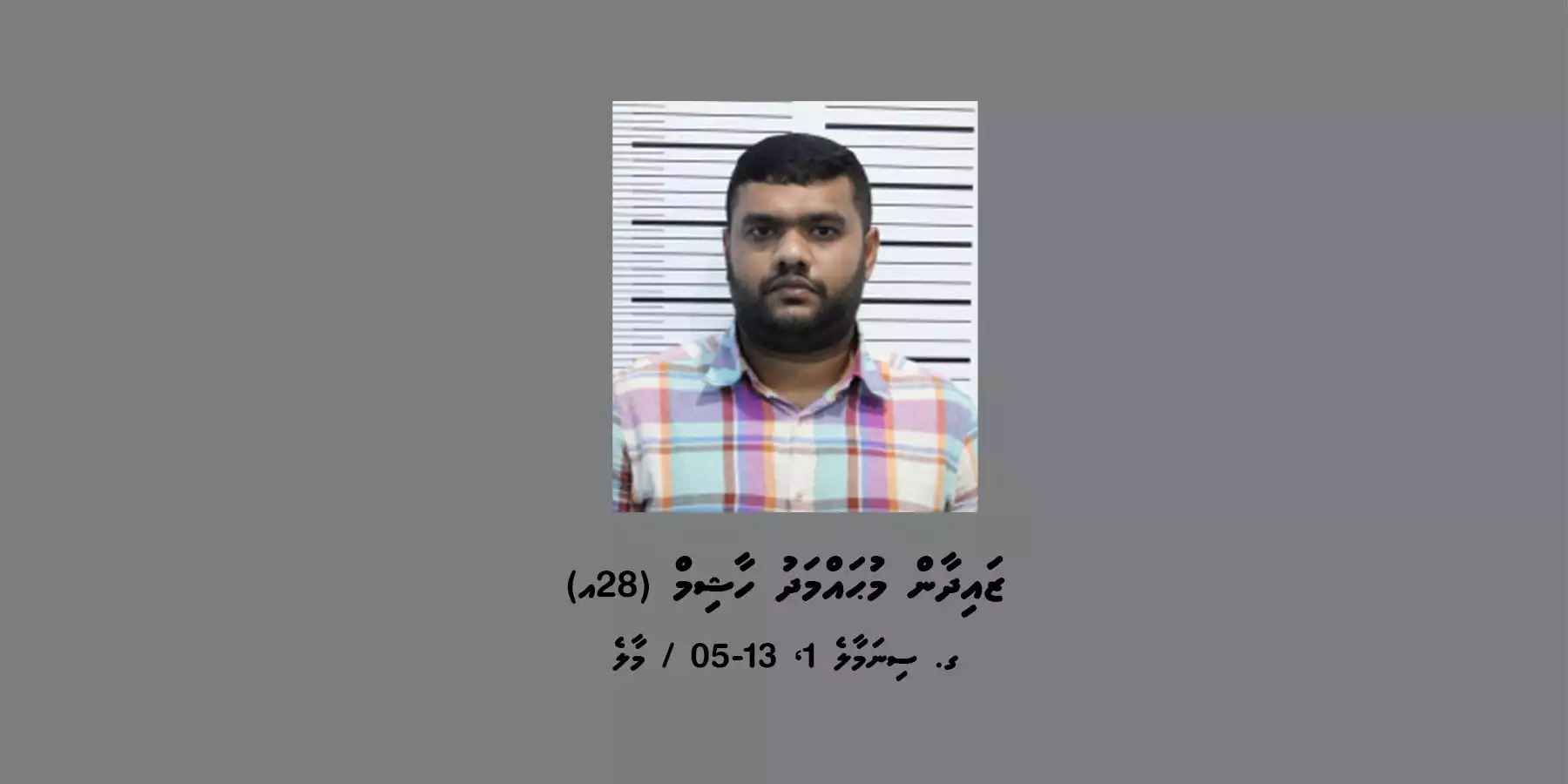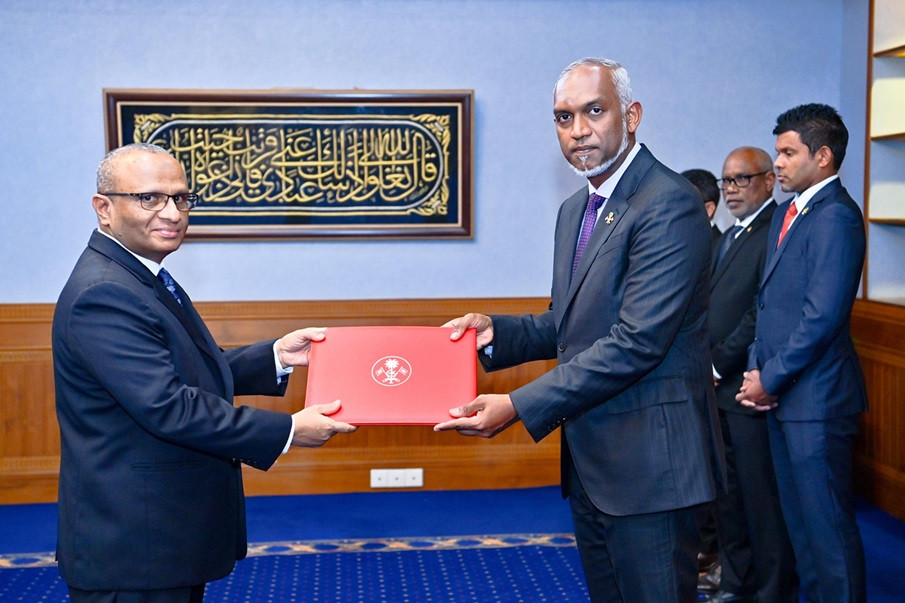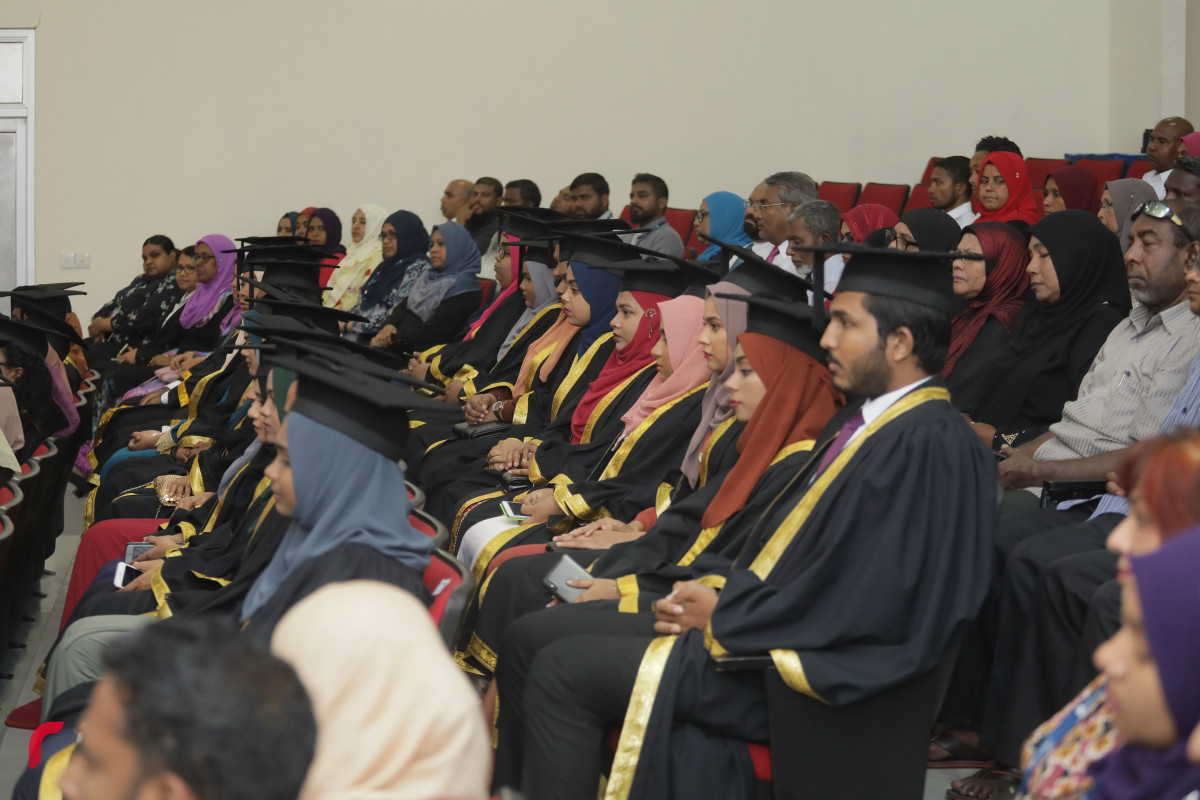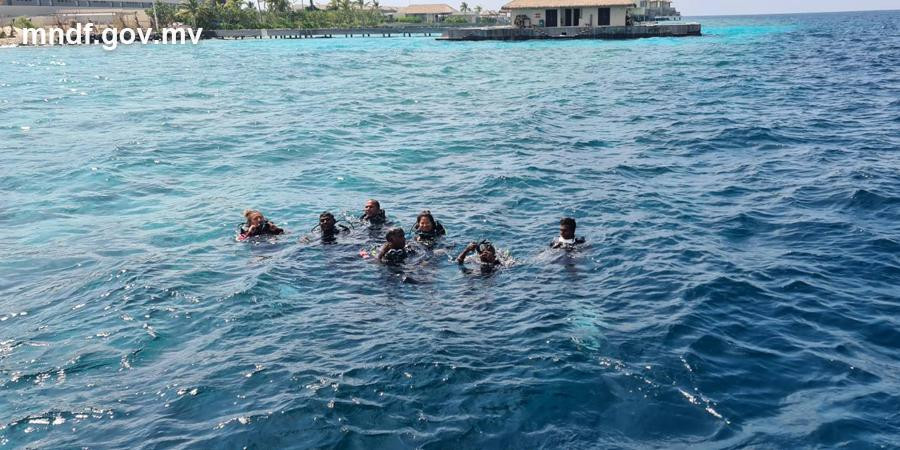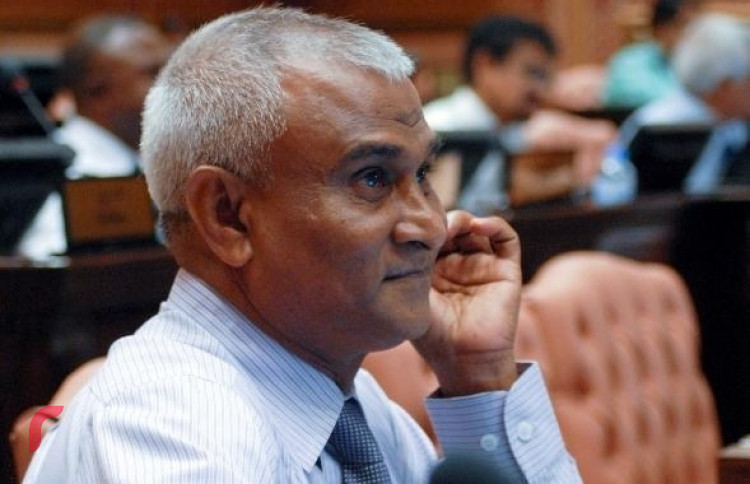All-party dialogue is a ploy to thwart international criticism: MDP chair
Maldivian Democratic Party’s (MDP) chair has that the state’s call for inclusive dialogue between ruling and opposition parties is a ploy to thwart government criticism
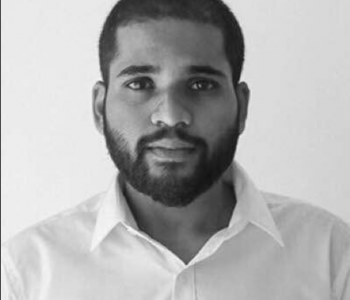
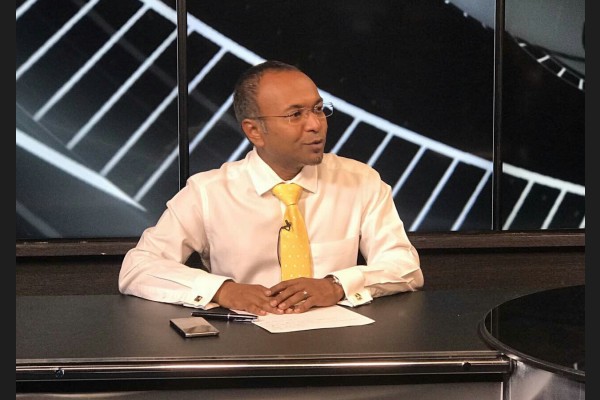
Hassan Latheef on Tuesday night's program.
The opposition Maldivian Democratic Party’s (MDP) chair has that the state’s call for inclusive dialogue between ruling and opposition parties is a ploy to thwart government criticism.
At a RaajjeTV talk-show on Tuesday night, Hassan Latheef – who was elected as chair earlier this year – said that the party’s campaign travel to the outer lying atolls, in preparation for the upcoming local council elections, have shown a significant lack of support for government policies.
He further said that Maldives’ 'smeared' reputation within the international community has caused considerable difficulty to individual citizens and the government has no regard for it.
MP Mohamed Musthafa, now aligned with MDP, said on Tuesday that the government’s ‘pointless policies’ have restricted the rights of the people. He said this in reference to Maldives’ exit from the Commonwealth.
The Amnesty International’s annual report for 2017 on the state of human rights worldwide, where it lists-in-detail areas of concern in different nations, marked such issues with the government, parliament, and the justice system.
“Every political party in the nation is now united under one banner, this shows the lack of support for the government” Hassan Latheef said.
Latheef also said that the opposition would refile a motion of no-confidence against Abdulla Maseeh, and that he is a ‘100 percent sure’ it would pass.
In the previous vote, Parliamentary Group leader of the Progressive Party of Maldives (PPM) had proposed to carry out a roll call vote, which was quickly backed by another pro-government MP.
Clauses 164 and 165 of the constitution stipulates that roll call votes can only be taken if and when the electronic voting system is proven to not be functional. Otherwise vote must be taken using the electronic voting system.
However, at Monday's sitting,lawmakers voted to resort to a roll call vote through said electronic system.
The opposition coalition has said they do not acknowledge the result of the vote, adding that any session held with Maseeh presiding over it is void.
The method of voting has been criticised by the United Nations, the European Union, the governments of Canada, United States, and the United Kingdom.
